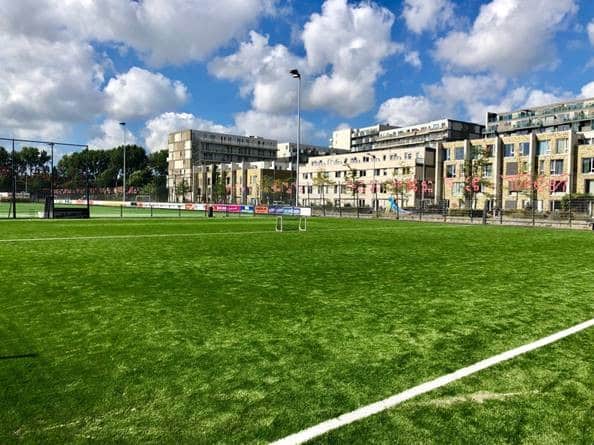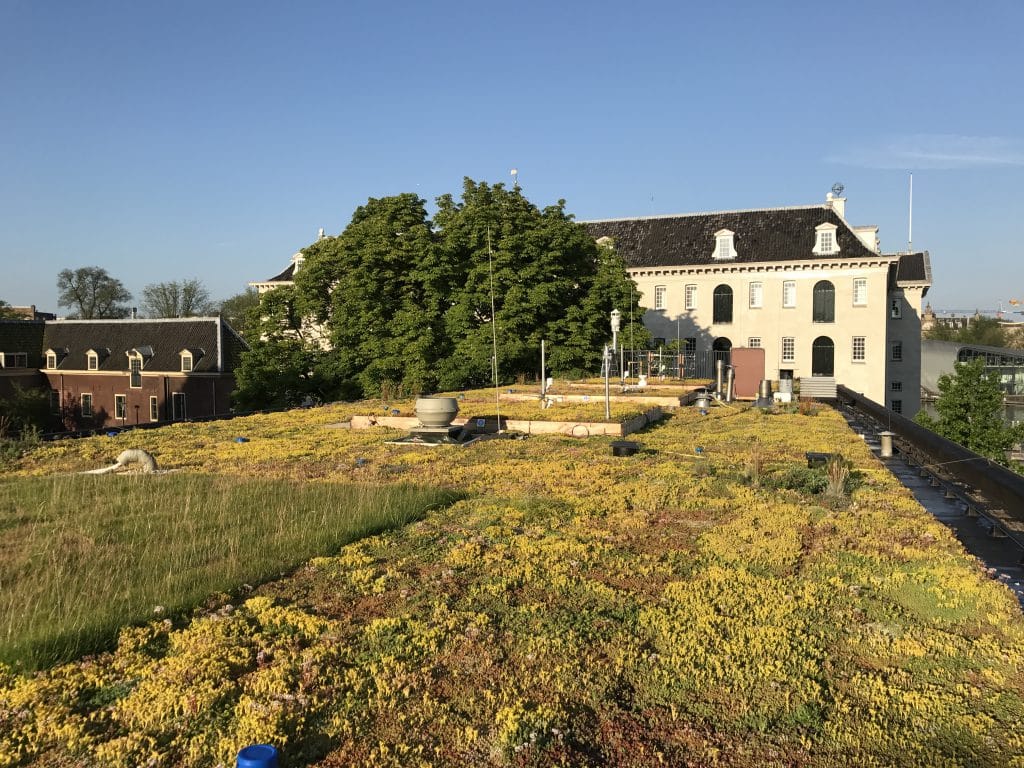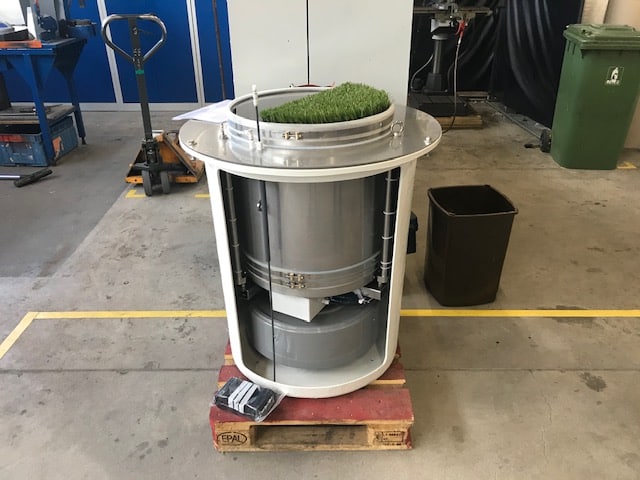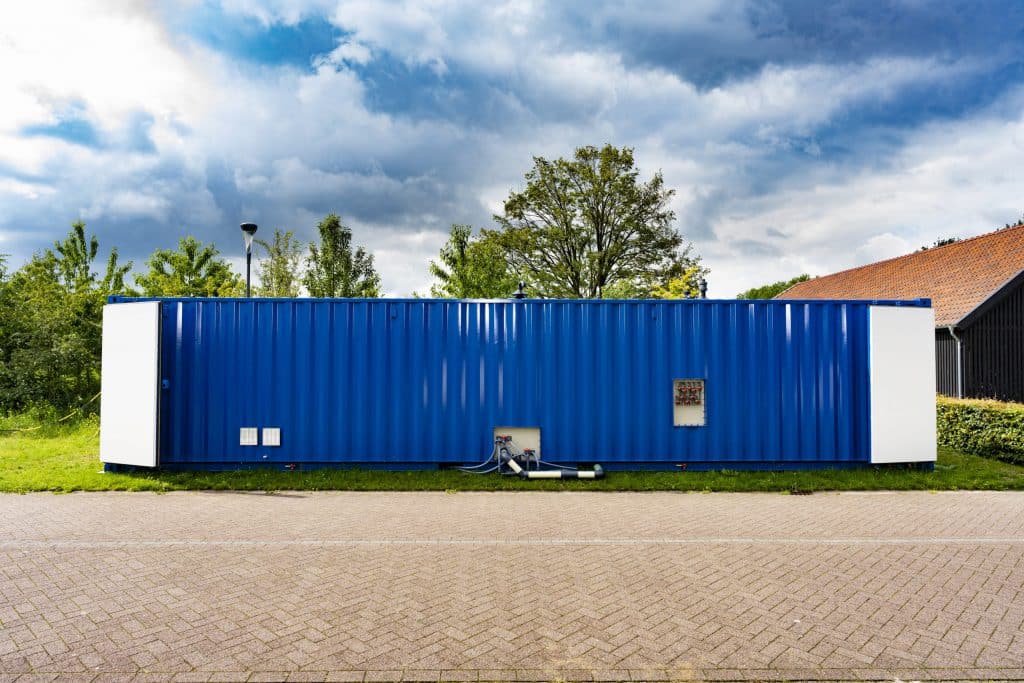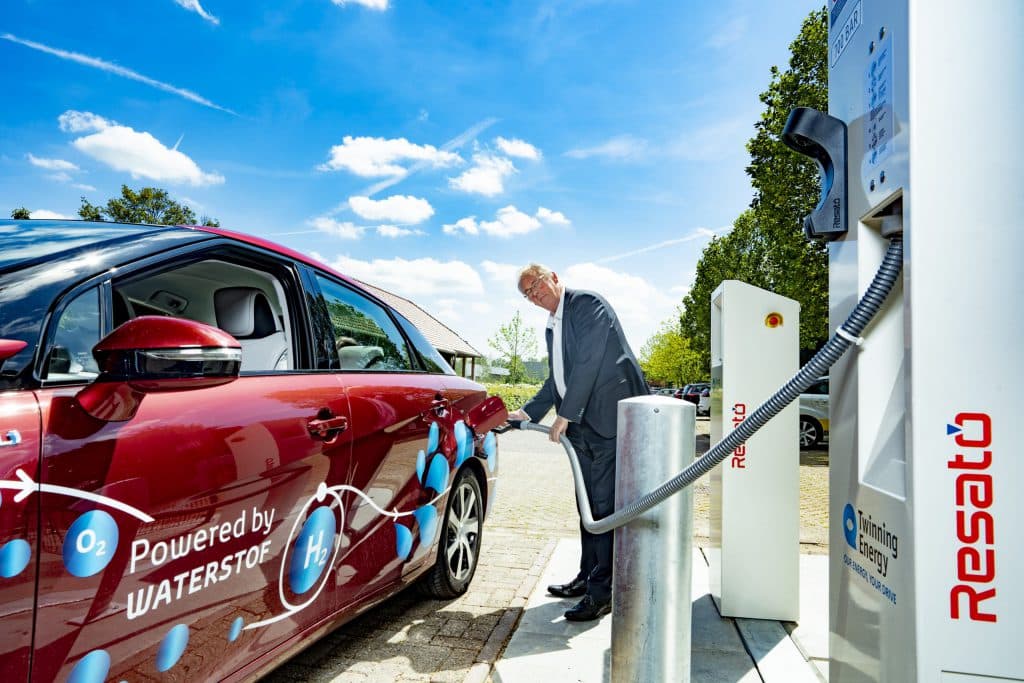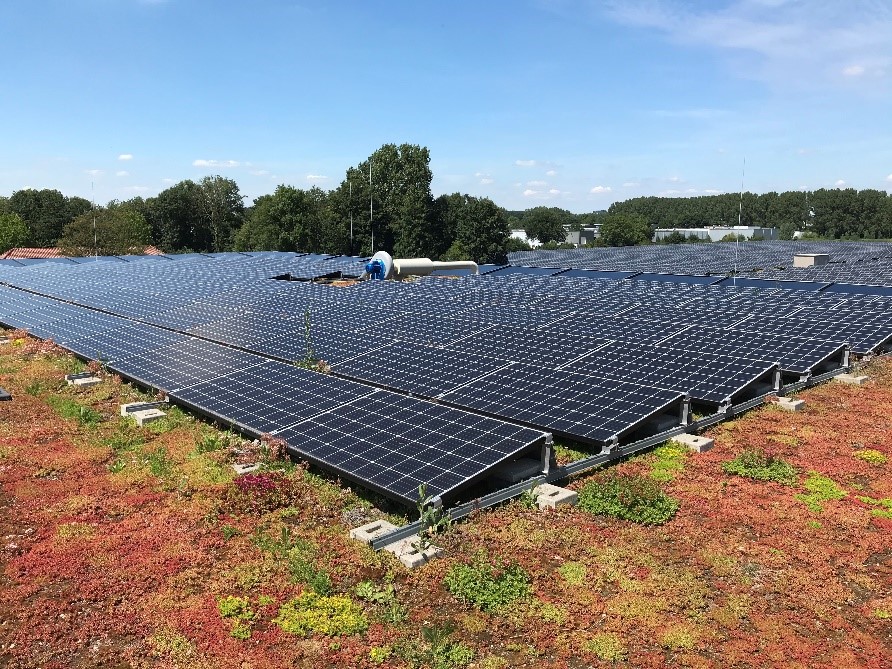Archive for September 2020
CitySports pilot – climate-adaptive artificial grass pitches
The artificial grass system, developed and tested within the framework of CitySports, temporarily stores infiltrating rainwater in a hollow foundation located directly under the playing pitch. Through capillary action, the water is returned to the surface for evaporation. Thanks to this system, the rainwater is captured (not discharged to the sewage system or surface water) and is made available for evaporation and thereby to cool the pitch. The system provides a solution to the negative features of existing artificial grass pitches, such as the (overly) rapid discharge of rainwater and the extreme heating due to the absence of cooling through evaporation, without compromising on pitch playability.
Read MoreSmartroof 2.0 Pilot – cool blue-green roof
Smartroof 2.0 is a new generation roof system that – in contrast to current green roofs – provides for long-term and optimal evaporation for cooling in the city. Surplus rainwater is held in the storage layer and then fed back by capillary action through special fibres to the substrate layer, whenever required by the plants. The passive irrigation system has been optimised in this project and supported with innovative monitoring of the water and energy balance, which is done using specially adapted lysimeters.
Read MoreLysimeter Pilot: contributing to understanding the water balance
A lysimeter is used to measure the actual evapotranspiration from the soil and the vegetation. This is a demonstration model, but under normal conditions a lysimeter is buried in the ground just below the surface. A soil column is placed on the weighing system and topped by a vegetation of choice. By combining the lysimeter with other sensors that for example measure soil moisture, soil suction, groundwater level, temperature and meteorological parameters, one gains a complete picture of the local water balance.
Read MoreCoRe Water pilot – from WWTP to sustainable water factory
This 40-foot shipping container is part of the CoRe Water project and has been set up temporarily at KWR’s site. CoRe Water, which stands for Concentrate, Recover & Reuse, revolves around an innovative treatment concept, in which municipal wastewater is first concentrated before undergoing further treatment. There is a pilot installation inside the container which is being used to test the concentration step – the concept’s main component. The testing is done using clean water, to determine whether all the technical components and the controls are working properly. The pilot will then be taken to the wastewater treatment plant at Roermond for applications with wastewater.
Read MoreKWR Pilot City – The transport of the future
This hydrogen filling station is a first in the Netherlands. Anticipating the development of more facilities of this kind in our country, KWR has been filling up its company cars here since July 2019. A decision was made at that time to bring the vehicle fleet into line with the transport of the future: hydrogen-electric cars. A fill-up here still takes about an hour, while at public stations it’s no more than five minutes. With a full tank, the latest passenger car models can run for more than 600 kilometres.
Read MoreSolar Energy – a roof packed with energy
In February 2016 KWR equipped the building of its knowledge institute with solar panels for the supply of sustainable energy. Its flat roof is perfectly suited to the task. The 306 monocrystalline panels, each with a capacity of 290 Wp, were installed over a surface of 3,200 m2. A live dashboard shows the production in real time. The panels face south and thus receive maximum direct sunlight.
Read More